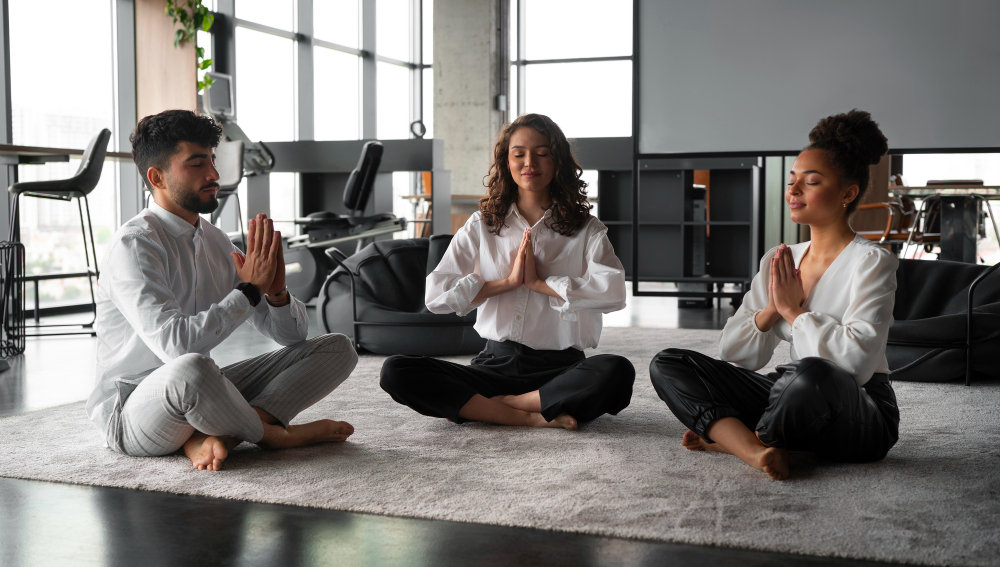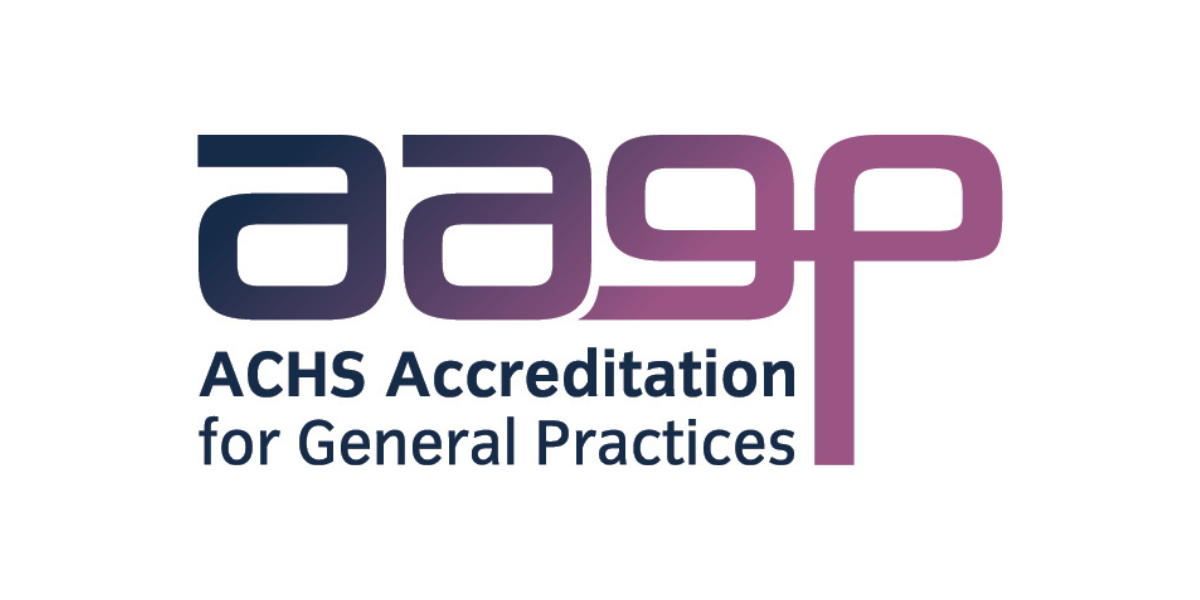How Yoga can Transform your Team’s Productivity
Businesses are increasingly recognising the importance of fostering a healthy and balanced workplace. This shift in focus is driven by a growing body of evidence showing that employee well-being directly impacts productivity, creativity and overall job satisfaction. An effective and accessible way to enhance your team’s productivity is through yoga, especially when integrated into corporate wellness retreats and conferences.
The Power of Yoga for Team Bonding
Corporate wellness retreats offer a unique opportunity for teams to step away from the pressures of the office and focus on health and team building. Incorporating yoga into these events can significantly enhance their effectiveness, offering a myriad of benefits that extend far beyond the duration of the event.
Enhancing team bonding:
Yoga is inherently a practice of connection— with oneself, with others, and with the environment. When practised in a group setting, it fosters a sense of unity and shared experience, which can translate into stronger team bonds.
Whether it’s through partner exercises that encourage trust and communication or group meditation sessions that promote collective mindfulness, the practice helps build a foundation of collaboration within your team.
Reducing stress:
One of the primary reasons for organising a corporate wellness retreat is to give employees a break from the relentless pace of work. Yoga is a powerful tool for stress reduction, offering practices that calm the nervous system and promote relaxation.
Yin Yoga, for instance, is a slow-paced style that involves holding poses for longer periods. It helps release deep-seated tension, making it an ideal choice for winding down after a day of team-building activities.
Boosting problem-solving:
A key objective of many corporate gatherings is to encourage creative thinking. Yoga and meditation can play a crucial role in this by helping participants clear their minds of distractions and focus on the present moment.
A Vinyasa flow session, which synchronises breath with movement, can be particularly effective in stimulating mental clarity. This flow of energy can lead to breakthrough ideas to corporate challenges.
Tailoring yoga to corporate needs
The beauty of yoga is its adaptability. No matter the size of your team or the specific goals of your retreat, yoga practices can be tailored to meet your needs.
- Gentle morning sessions: Start the day with gentle yoga that wakes up the body and mind. This could include basic stretching, breathwork and mindfulness exercises to help participants transition from sleep to a state of alertness.
- Dynamic midday workshops: For a more energising experience, consider a dynamic Vinyasa session after lunch to help prevent the typical post-meal slump. This type of practice not only re-energises the body but also refocuses the mind, setting a productive tone for the afternoon.
- Restorative evening sessions: Conclude the day with a restorative session, allowing participants to unwind and absorb the experiences of the day. This practice is perfect for fostering a sense of calm ensuring everyone leaves the retreat feeling refreshed.
Boosting focus at conferences
Conferences are high-pressure environments where attendees are expected to absorb large amounts of information, network with peers, and stay engaged throughout the event. This can be exhausting. Incorporating yoga into the schedule can help attendees maintain focus and sustain energy levels, ultimately enhancing the overall success of the event.
Short yoga breaks:
One of the simplest ways to integrate yoga into a conference is by offering short breaks between sessions. They can be as brief as 10-15 minutes and can include seated stretches, standing poses and breathwork exercises. These mini-sessions can be done in business attire and don’t require a yoga mat, making them easy to fit into any schedule.
Morning energiser sessions:
Just like at corporate retreats, starting the day with yoga can set a positive tone for the entire conference. A morning session, perhaps focusing on gentle stretches and breathwork, can help attendees feel awake and ready to engage with the day’s content. This is particularly useful for early morning sessions, where energy levels might be lower.
Mindfulness and meditation workshops:
In addition to physical yoga practices, consider offering meditation workshops. They can provide tools for managing stress and maintaining mental clarity, which are especially valuable in a high-pressure environment. Mindfulness practices can also improve creative problem-solving, making them a perfect complement to the more cognitive aspects of a conference.
Practical considerations to make yoga accessible
For yoga to be effective in a corporate setting, it needs to be accessible and inclusive. This means offering practices that can be done by people of all fitness levels and ensuring that the sessions are convenient for participants. Let’s consider some practical tips:
- Location flexibility: Yoga sessions can be held in a variety of locations, from conference rooms to outdoor spaces. If space is limited, consider chair yoga or standing poses that don’t require mats.
- Time efficiency: Keep sessions short to respect the busy schedules of attendees. Even a 10-minute break can have significant benefits.
- Inclusivity: Offer modifications for poses to accommodate different abilities. This ensures that everyone can participate and benefit from the practice.
The lasting impact of yoga on productivity
Incorporating yoga into corporate retreats and conferences is more than just a trend—it’s a strategic investment in your team’s well-being and productivity. It can transform your events into experiences that leave a lasting positive impact on both individual employees and the organisation as a whole.
So, the next time you’re planning an event, consider adding corporate yoga to the agenda. A stunning natural setting, such as a forest or beach yoga on Mornington Peninsula, can be an inspiring backdrop for the occasion. It’s a small change that can lead to big results, helping your team stay ready to tackle the challenges ahead.




Post Comment